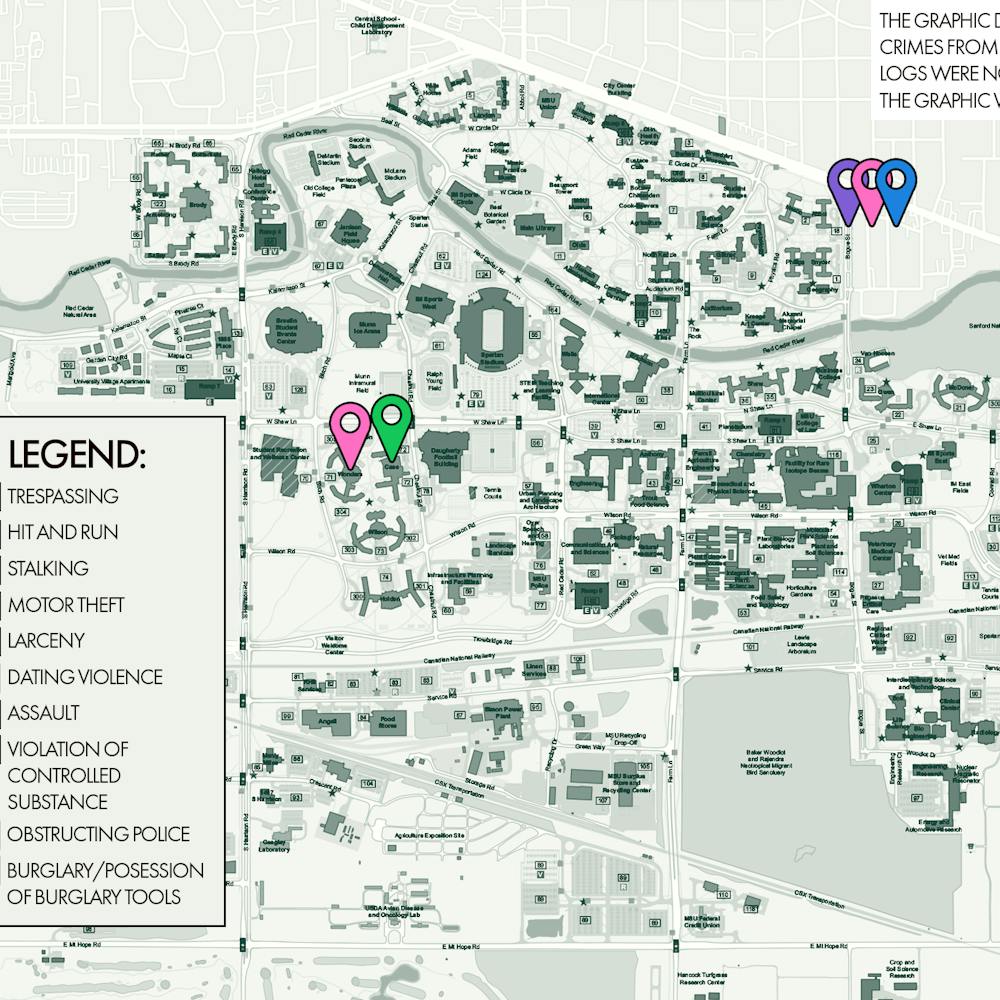As the writer of this essay, I can both sympathize with this new “disease,” while at the same time loathe it completely. The disease of which I speak is sweeping the nation in increasing numbers, almost reaching epidemic proportions: earbuds and headphones.
Not long ago, these small white things you stick in your ear were more of a status symbol. They meant you had money to burn. They were often the victim of theft from the library. Now they are as commonplace as student loan debt.
In the past, you would often see students with these white things clearly visible. What has changed is that students used to remove them prior to walking into a building, and certainly before a lecture took place. Bump into a friend and the first thing even before “hello” was uttered, out came the buds.
Sadly, nowadays earbuds seem to have become part of a person’s anatomy — permanently attached, never to be removed. What has prompted the writing of this letter is a plea for a return to social interaction in the places where it is needed the most.
I work in retail on campus. During the course of my day I meet and wait on a variety of individuals. Sometimes even the English language itself can be a bit of a barrier to smooth transactions, but never to the degree that earbud blockage is.
Here is an example: an individual has their earbuds in with music going full tilt. I am able to go through my portion of the transaction — warm greeting, scanning of the barcode, declaration of the total amount and inquiry into the type of payment that will be used. The ball gets passed and, Houston, we have a problem.
The individual begins swiping their card. For things to proceed, I need to tell the computer if the card is of the debit or credit variety and if the latter, what kind it is.
The individual in question begins to swipe their card with increased frenzy. I break out of my warm greeting mode and use my theatrical training and raise my voice. When this fails, I wave my hands. The individual never looks up from the card reader and even asks, “Is this not working?”
I choose not to repeat here what went through my head, but I replied loudly and they responded, so the transaction went forward. The earbuds were never removed.
I will admit, this is the worst case scenario I have encountered, but I have had variations on this multiple times. I even listen to my own music at work, but never allow it to interfere with what I have to do.
In the early days of my employment, I was introduced to a phenomenon that I still find rather amusing. I had a customer come in and was in full discussion mode with an unseen person. I was a little startled as this person truly seemed to be carrying on a conversation with themselves.
I was uncertain how to proceed with my normal warm greeting with someone who was already mid-conversation with someone else. I later learned about the earbuds with microphones built in. Back in the day phones would be firmly placed in one’s hand so that you could see the phone.
To the point, there are acceptable times to be selfish, and there are times not to. When an individual chooses to cut off their ability to hear they are choosing to ignore other individuals.
I feel that when I am acknowledging another human being, it is only polite that the other individual also acknowledge me as another human being. Yes, I am working retail, but even that deserves respect.
After we are done, we may both move on and return to our lives of employment and social disease.
James B. Brunk III is a former MSU student who currently works at the Spartan Bookstore.






